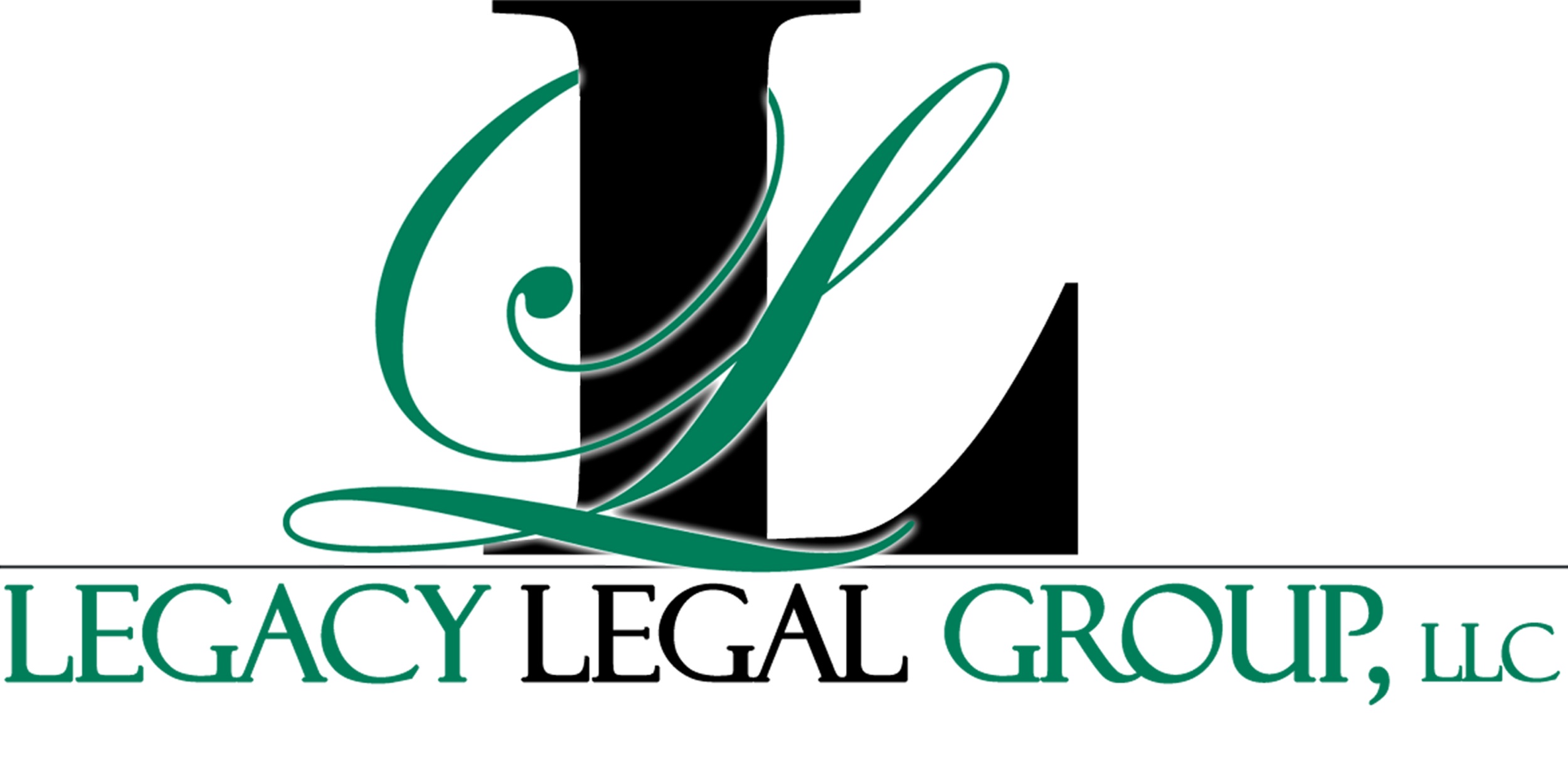The Dangers of PODs and TODS
Payable on Death (“PODs”) and Transfer on Death (“TODs”) accounts may sound like a great idea and are often used as probate avoidance vehicles. Upon your death, these accounts legally transfer to the designated beneficiary or beneficiaries without the need for probate and seem on their face to be a simple and easy way to avoid probate and transfer assets to beneficiaries upon your death. Despite avoiding probate, the use of POD and TOD designations can have dangerous consequences which should be carefully considered.
The top three (3) dangers associated with the use of PODs and TODs:
Danger No. 1 – Major life changes
Major life changes, such as death, divorce, marriage, serious illness, and having children may impact who you name as the beneficiary on your accounts. As life changes, you have to remain vigilant in monitoring whom you have named on each account and will need to update your beneficiary designations each time either you or an intended beneficiary has a major life change or change in circumstances to avoid transfers to an unintended beneficiary.
Danger No. 2 – Naming a minor as a beneficiary
If you have minor children or grandchildren (under the age of 18) in your family, you may want your asset(s) to transfer to those children or grandchildren upon your death. A transfer to a minor can lead to unexpected problems. A minor legally cannot manage assets, therefore, if a minor inherits assets, a court will have to appoint a conservator, which involves unnecessary expense, delay, and unwanted time spent in dealing with the court. In addition, if a POD or TOD designation names a minor, once that child turns 18, they legally own the asset and have full access to it. Unfortunately, not all 18-year-olds make sound financial decisions, so giving a large sum of money to a young adult outright may result in those funds not being used in the way you would have hoped.
Danger No. 3 – The Unforeseen
Even if you name an adult as your POD or TOD beneficiary, several things can go wrong. If the beneficiary has filed for bankruptcy, they may lose their inheritance. If the beneficiary is in a car accident or has a legal judgment against them, they may lose their inheritance. If they lack capacity, they cannot legally manage assets, and court involvement may be necessary to appoint a conservator to manage the assets. If your beneficiary is in the midst of a divorce, he/she could lose some or all of their inheritance to an ex-spouse.
Because there are so many things that can potentially go wrong with POD and TOD designations, they are not the best choice for asset transfers upon your death.
Please call our office to discuss what other options are available to better suit your needs.
